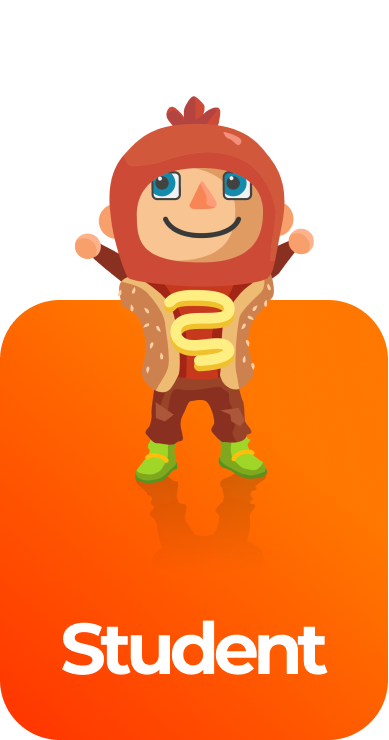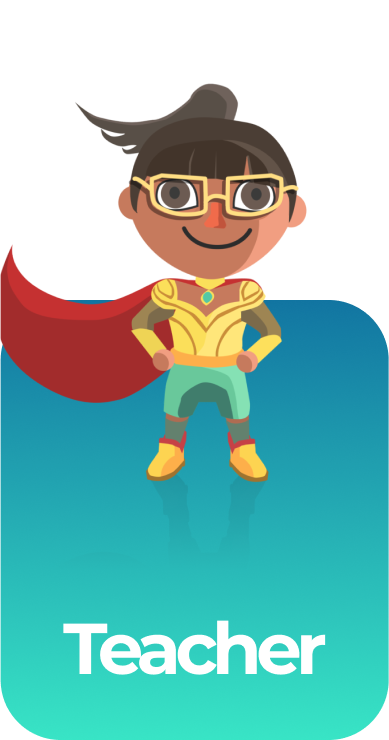Getting students to engage in learning can be challenging. Some children may have difficulty focusing on the task at hand or may have a different learning style that is not well-suited for a traditional classroom environment. Remote learning gives school administrators and educators the opportunity to leverage technology in a way that gets students excited about the curriculum. There are many ways to make remote learning fun for students while still delivering a comprehensive learning experience.
4 Ways To Make Remote Learning Fun For Students
More schools are making the move to remote learning to keep students safe without sacrificing their education. However, many educators struggle to keep students engaged in their coursework from home, especially younger learners. When educators leverage certain technologies to make the learning process fun, students are more likely to retain focus and complete the assignments.
Here are several ways to make remote learning fun for students:
1. Make Slideshows Interactive
Slideshow presentations provide students with an interesting and highly-visual show that can be effective in conveying ideas and information. Slides can be used to create and present animations, facts about a particular subject, storybooks, videos and weekly lessons.
Interactive slides can help students gain valuable skills and take in knowledge in a way that does not feel like traditional learning. Slideshow software tools and features also give educators the chance to create interesting assignments that contain interactive elements like audio, video and embedded assessments. Students can also use different slideshow software to create interactive journals, stories and more.
2. Encourage Classmates To Be Social With One Another
 One of the biggest concerns that administrators, teachers and parents alike have in regard to remote learning is the loss of social interaction between students. Students learn social cues by interacting with one another face-to-face. Social interaction is also critical for child development and aids in the formation of strong language skills, confidence, empathy, creativity and communication.
One of the biggest concerns that administrators, teachers and parents alike have in regard to remote learning is the loss of social interaction between students. Students learn social cues by interacting with one another face-to-face. Social interaction is also critical for child development and aids in the formation of strong language skills, confidence, empathy, creativity and communication.
Fortunately, there are many resources available that allow students to interact with one another without having to resort to social media. Educators may use safe online platforms where students can engage in live messaging, video meetings and similar technology to remain social.
3. Play Trivia Games
Trivia games can help students practice important facts while encouraging kids to expand their intelligence and improve their mental capabilities. Trivia games are also competitive in nature which gets students excited about playing and winning. The use of trivia games can be especially useful in remote learning as educators are able to share their screen with students to create a collaborative environment.
Trivia questions can be found on nearly all subjects and for all age groups. Many trivia game resources even offer software that allows students to answer trivia questions on their own smartphone or other internet-enabled devices, giving each child a fair shot at winning the game.
4. Implement Online Educational Games Into Your Curriculum
Online educational games provide more than just a fun distraction for students who may be experiencing stress after the move from a traditional classroom environment. These innovative games can also be useful tools for online learning since they are aligned to state curriculum standards.
Online games force students to stop and think, as well as to learn from their mistakes. Repeated play enables students to take in important information or practice facts that they learned previously in the virtual classroom. Implementing online educational games into a school curriculum also helps to boost class cooperation and motivate students to learn.
Benefits Of Using Online Educational Games
 The use of online educational games in remote learning can deliver a wide range of benefits. Online educational games allow students to engage in competitive and cooperative gameplay in a controlled environment. In addition, educational games encourage students to use their working memory to solve problems. This can improve mental cognition and enhance the student’s problem-solving skills.
The use of online educational games in remote learning can deliver a wide range of benefits. Online educational games allow students to engage in competitive and cooperative gameplay in a controlled environment. In addition, educational games encourage students to use their working memory to solve problems. This can improve mental cognition and enhance the student’s problem-solving skills.
The use of online educational games as part of a lesson helps to associate a positive reward with learning. Students are more likely to gain interest in a lesson when they know that games are involved. Learning through gameplay can also be less stressful than learning through worksheets or online quizzes. Online educational games can be a useful way for students to demonstrate their skill, knowledge and understanding of a particular subject.
Sign Up For A Free Legends of Learning Account Today!
Teachers often strive to make learning fun for students but this is not always easily achieved, especially in an unfamiliar remote learning environment. To make the process easier, Legends of Learning offers thousands of online educational games for teachers and students who want to combine fun and education. Each game is aligned to a specific state standard. Sign up for a free account today at Legends of Learning.



